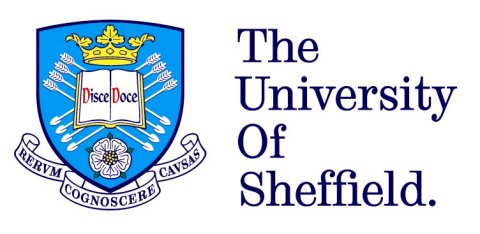Are you considering a career in law and curious about the qualifications you'll need? One of the most popular degrees for aspiring lawyers in the UK is the LLB, or Bachelor of Laws. But what is the LLB, and why is it an essential first step for anyone looking to enter the legal profession?
In this guide, we’ll break down what the LLB entails, how it differs from other law degrees, and why studying law in the UK is a great option for Canadian students.

What is the LLB?
The LLB, or Legum Baccalaureus (Latin for Bachelor of Laws), is an undergraduate degree in law. In the UK, it’s a highly respected qualification that serves as the primary academic foundation for a career in law. The LLB equips students with essential legal knowledge, critical thinking skills, and the ability to analyze complex cases—skills that are highly valued in the legal profession.
Completing an LLB degree is typically the first step toward becoming a solicitor or barrister in the UK, as well as in other common law countries like Canada. However, the LLB doesn’t just prepare students for a legal career; it also opens doors to fields such as business, government, and public service.
Why Study the LLB in the UK?
The UK is home to some of the world’s top law schools, with universities such as Oxford, Cambridge, the University of London, and King's College London consistently ranked highly in global law school rankings. A UK LLB is internationally recognized, and many Canadian students choose to study law in the UK because of the strong educational standards and the ability to complete an undergraduate law degree in just three years, compared to longer programs in other countries.
LLB Program Structure: What Will You Study?
An LLB degree program in the UK usually spans three years, covering both the foundational and specialized areas of law. Students can expect to study core subjects such as:
- Contract Law
- Criminal Law
- Tort Law
- Property Law
- Constitutional and Administrative Law
- EU Law (depending on the program and university)
Many UK universities offer optional modules in areas like human rights law, environmental law, and family law, allowing students to tailor their studies to align with their career interests.
LLB vs. JD: What’s the Difference?
In the UK, the LLB is the standard undergraduate law degree, while in countries like Canada and the United States, the JD (Juris Doctor) is the main law qualification and is a postgraduate degree. While the LLB focuses on foundational legal knowledge from an undergraduate level, the JD is typically pursued after completing an undergraduate degree in another field.
For Canadian students interested in returning to Canada to practice law, many UK universities offer qualifying law degrees, meaning graduates can apply for accreditation through the National Committee on Accreditation (NCA) in Canada.
What Comes After the LLB?
Graduating with an LLB is a crucial first step for anyone pursuing a legal career. After completing the LLB, graduates aiming to qualify as solicitors or barristers in the UK must complete additional training. This typically involves the Legal Practice Course (LPC) for aspiring solicitors or the Bar Professional Training Course (BPTC) for future barristers.
Ready to Start Your Law Career in the UK?
If you’re considering studying law, the UK’s LLB degree offers a world-class education that opens doors across the legal profession and beyond. Whether you aim to practice law in Canada, the UK, or elsewhere, the LLB is a valuable, versatile qualification to start your journey.
Interested in learning more about UK law schools and how to apply? SI-UK North America is the official representative of over 120 UK Law Schools. For free, personalized assistance throughout the entire process, contact our consultants today.





























